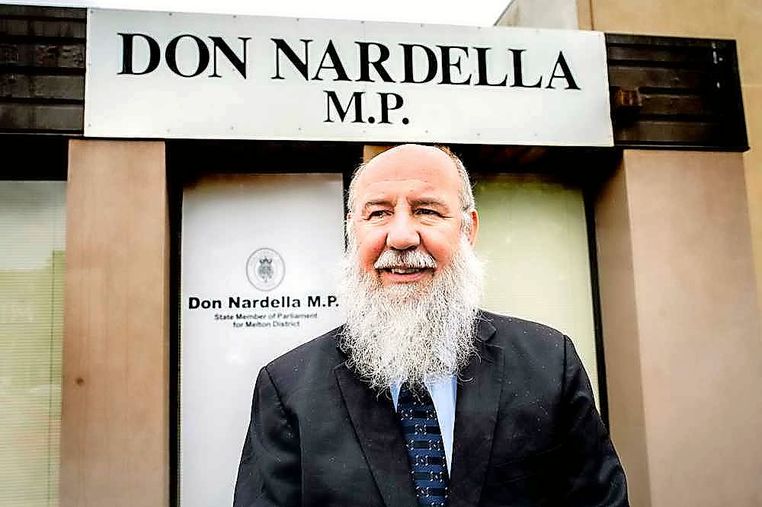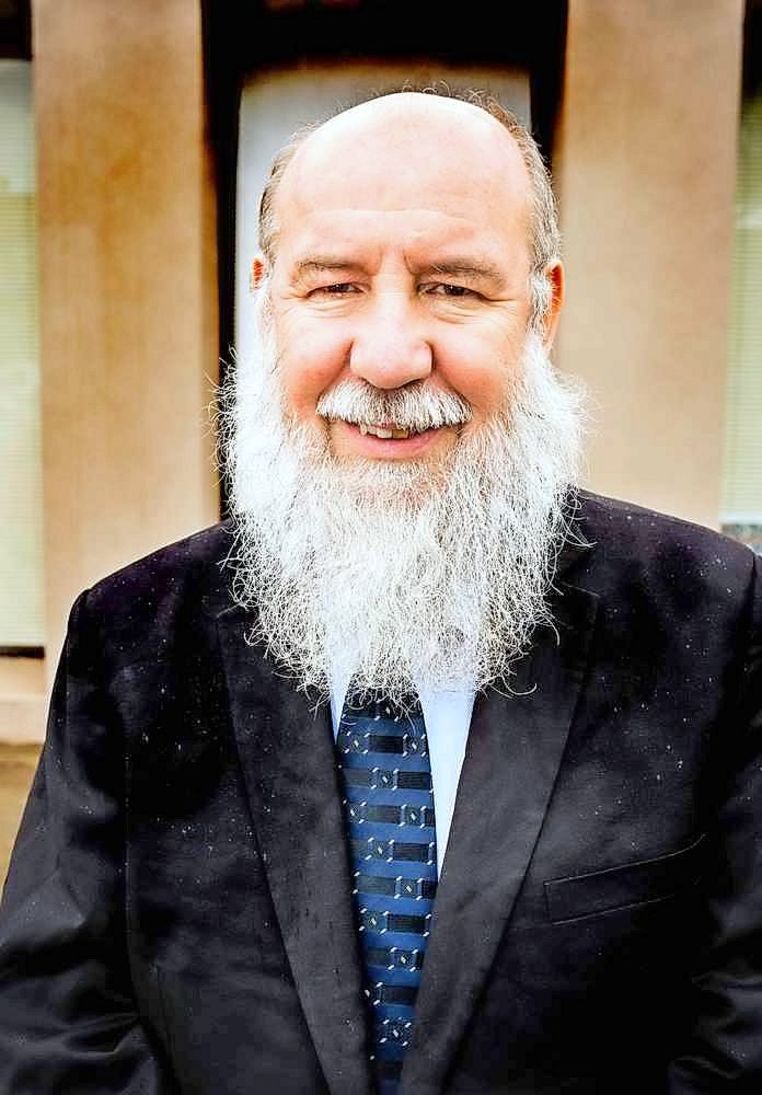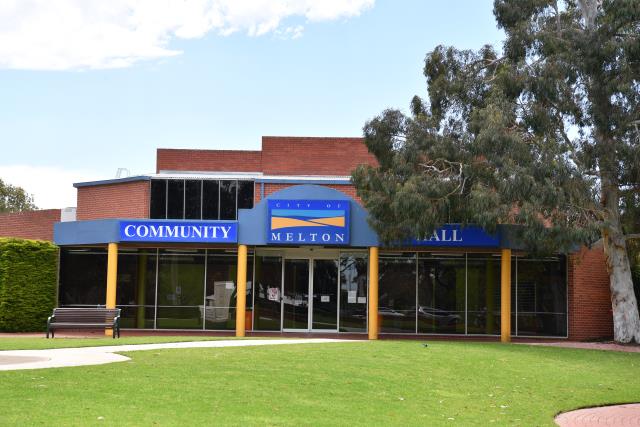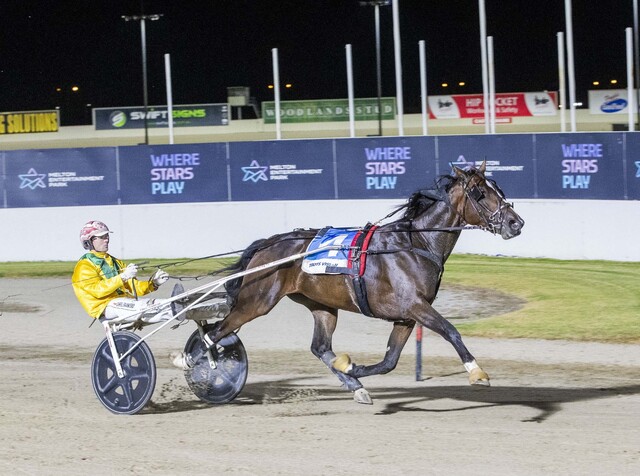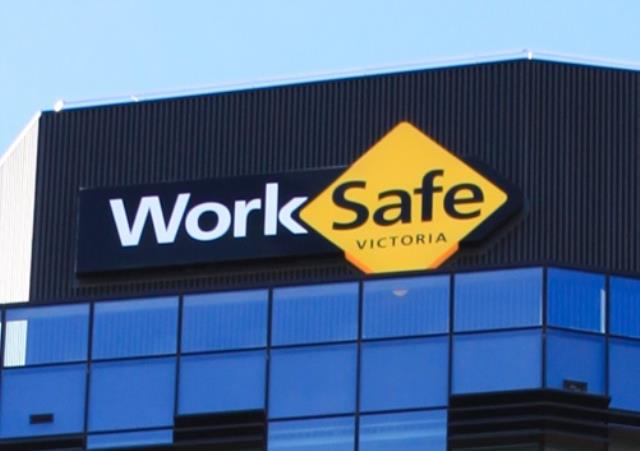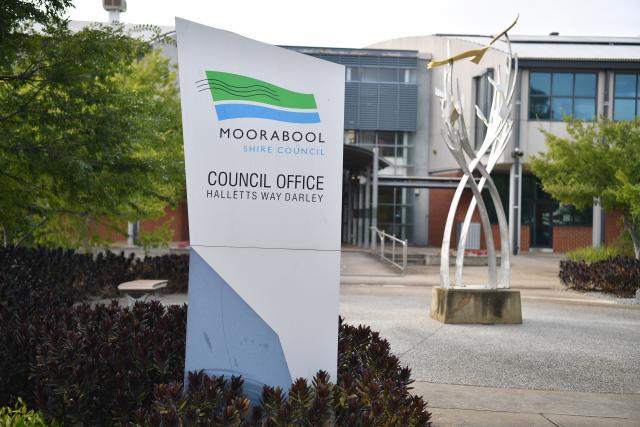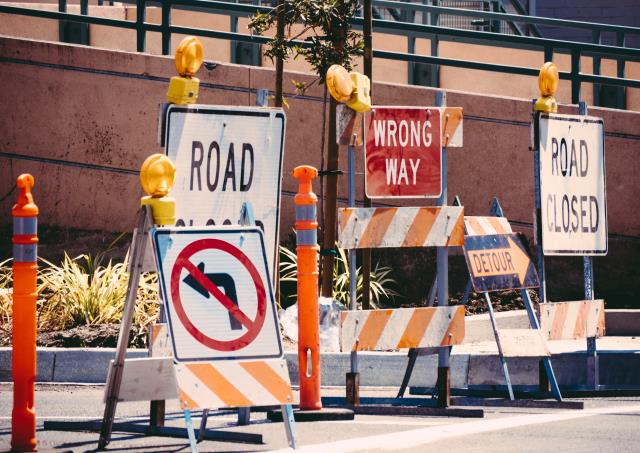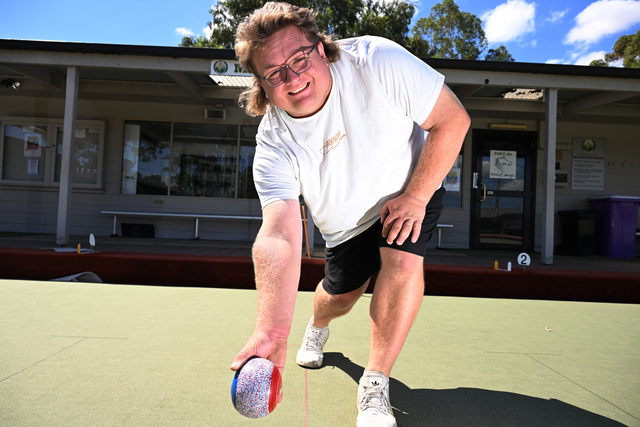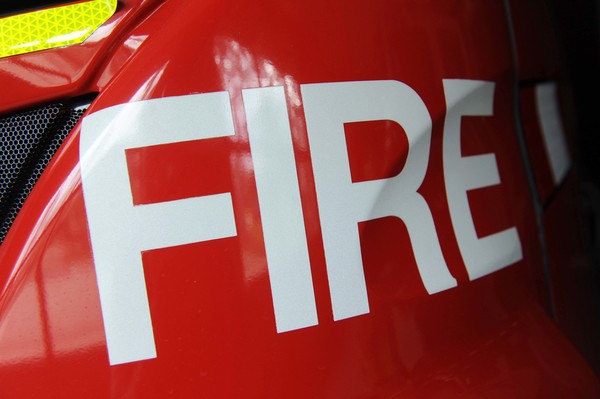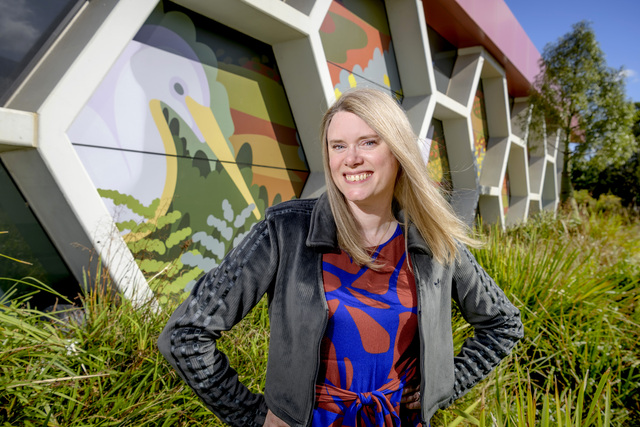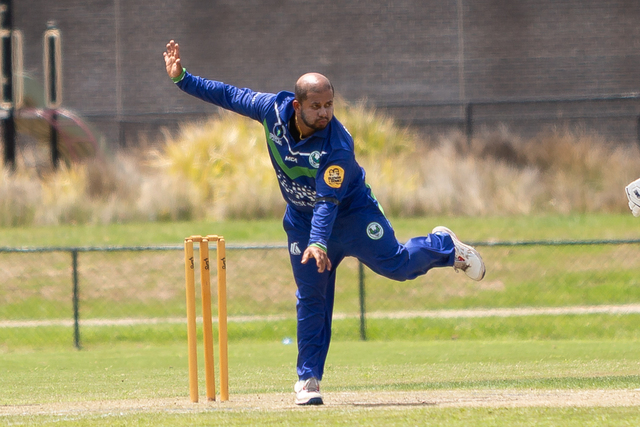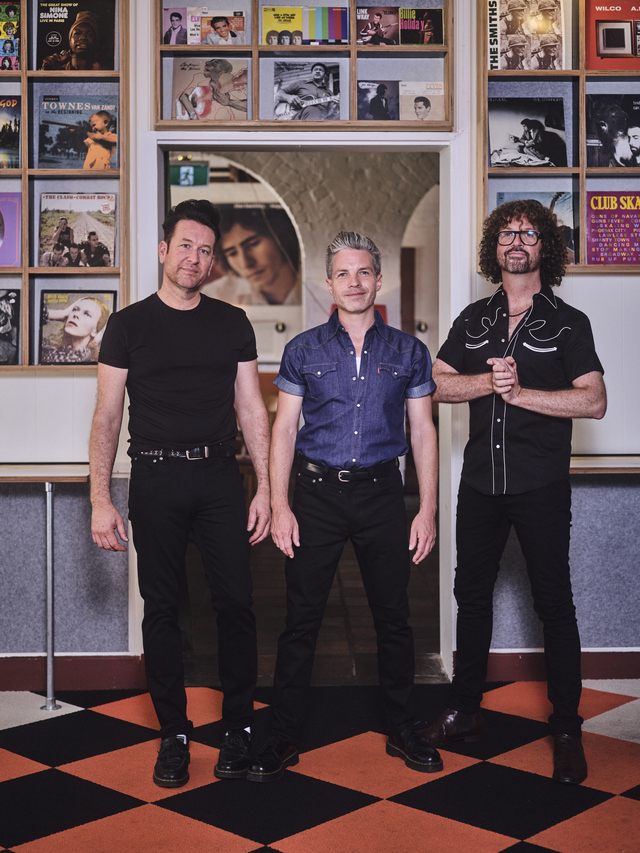After 19 years as Melton MP, Don Nardella is retiring. He speaks with Sumeyya Ilanbey about life in politics and his take on its “brutal” nature.
Why did you decide to enter into politics?
My mother. When I was growing up … the Whitlam government [introduced] all these reforms and the decision to pull out of Vietnam – bring our boys and women home and Medibank. Then I remember this, one day I’d come home from school … and mum says: “They’ve sacked Whitlam.” And I said: “No they haven’t. Australia is a democracy, they can’t sack Whitlam.” So she turns on the telly, and there it was – the sacking of the Whitlam government in November, 1975.
So those discussions with mum, and just that period of time and other influences over time … we went to a demonstration for the Newport power station … and then got involved in trade unions when I was on the tools.
It’s been that type of journey, but basically started with my mum and the discussions we were having.
When mum passed away, I inherited all these documents. So I’m looking through this stuff – never seen them before – and these little cards come out. She was a member, starting I think in 1936 or 1937, of the Christian Democrats in Italy … and she was a member until ’62. Mum was lovely. I remember this one funeral we went to in Deer Park, it was 2002. She got up and gave a eulogy. She’s up there, she eulogises about the deceased, and then says: “The election is coming up and my son, Don Nardella – he’s sitting just there – you vote for him.” So I think she was a frustrated politician herself.
What was your motivation for staying in this cut-throat industry for 26 years?
It’s the people; it’s about looking after the people; it’s about social justice and dealing with people and their problems. When somebody walks into this office, they have what to them is an immense problem, an immense burden on their shoulders. What we do, with the staff, is treat them with dignity and try to do what we can to help them. Politics can be about a lot of things, but in the end it’s about how you look after your resident – that’s been one of the paramount philosophies for me.
What have been some of the highs and lows of the job?
The highs have been when you’ve been able to deliver projects – they’re certainly the highs. Sometimes people come up to you in the street and say: “Thank you for helping me out, it’s been terrific.” And I’m thinking: “I don’t know you.” But it was an officer from my office who’s helped out. That really is a high for me. And you know the lows.

If you had your time again, what would you do differently and what would you do the same?
That’s an impossible question, really. I’ve gone through Labor’s financial statements, going back to ’99, and the things I was asking for then for my community, we’ve all gotten … and it’s not been easy. In these types of seats, you have to push.
What’s your proudest moments?
The botanic garden – it’s just hit 15 years. The economic benefit of that and the tourism benefit. Jane Edmanson [from Gardening Australia] was here last Sunday. People are coming to Melton because the community has put it on the map, and I’ve played a part in that. I’m really proud of the rebuilding of the Melton Specialist School.
What would your word of advice be to the next sitting member?
I’m not into giving advice. It’s a really hard job, it’s a job where it’s not nine to five. In some instances, you work three weeks straight, you don’t have a break. You’ve got events at night, events on the weekend and you keep going. Everybody’s different. It’s about how you pace yourself.
What do you hope to do next year?
I want to continue doing some of the things I’m doing. I’m on the board of Djerriwarrh Community Employment Services – they do amazing work with young people and disengaged people, so I want to continue on that board if I can. I’m also on the board of Hands-on-Health Australia, which helps disadvantaged Australians with health services.
Why do you think there’s a growing disenfranchisement with major political parties?
Being part of the mainstream and being part of government is always difficult. The Greens or Pauline Hanson aren’t a party of government – they’re a party of protest. These parties capture a segment of the market – the market being voters.
If you have a look, [US President Donald] Trump did the segmentation extremely well … he energised his base, got them to come out and to vote. People in Australia see that and think they can segment and attack major parties.

This election campaign has been largely based on leaks and personal attacks. Do you think that’s fair?
The member for Brighton, Louise Asher – in her last speech to Parliament, she actually talked about how politics has become more personal and more brutal.
I’ve been around for a while and it’s become more brutal, much more personal. It’s become a situation where there’s no restriction. It’s like a naughty kid that’s just allowed to continue being naughty so they escalate. Previously you’d have an issue and then you’d get over it … but now it’s extremely personal and it’s extremely destructive. I don’t think it helps public debate when you should be debating and discussing policy.
You were under intense scrutiny last year, and to a degree still are in question time – what kind of an impact did that have on you and your mental health?
I don’t want to answer that.
In hindsight, do you realise why the public was so incensed with your decision to claim a second residence allowance?
I don’t want to answer that either. So no comment.
Why did you decide to pay the money back?
That’s been dealt with.
Were the long nights, heartaches, headaches all worth it?
Yeah, yeah absolutely. Absolutely. The long beard, the bald head, and the lines underneath the eyes. Absolutely. When you’re changing lives for the better, when you’re delivering infrastructure and service that people need, when you’re delivering jobs and a future for people, it’s absolutely worth it.
Because being in government is the way that you can change society and the way to change lives forever.

